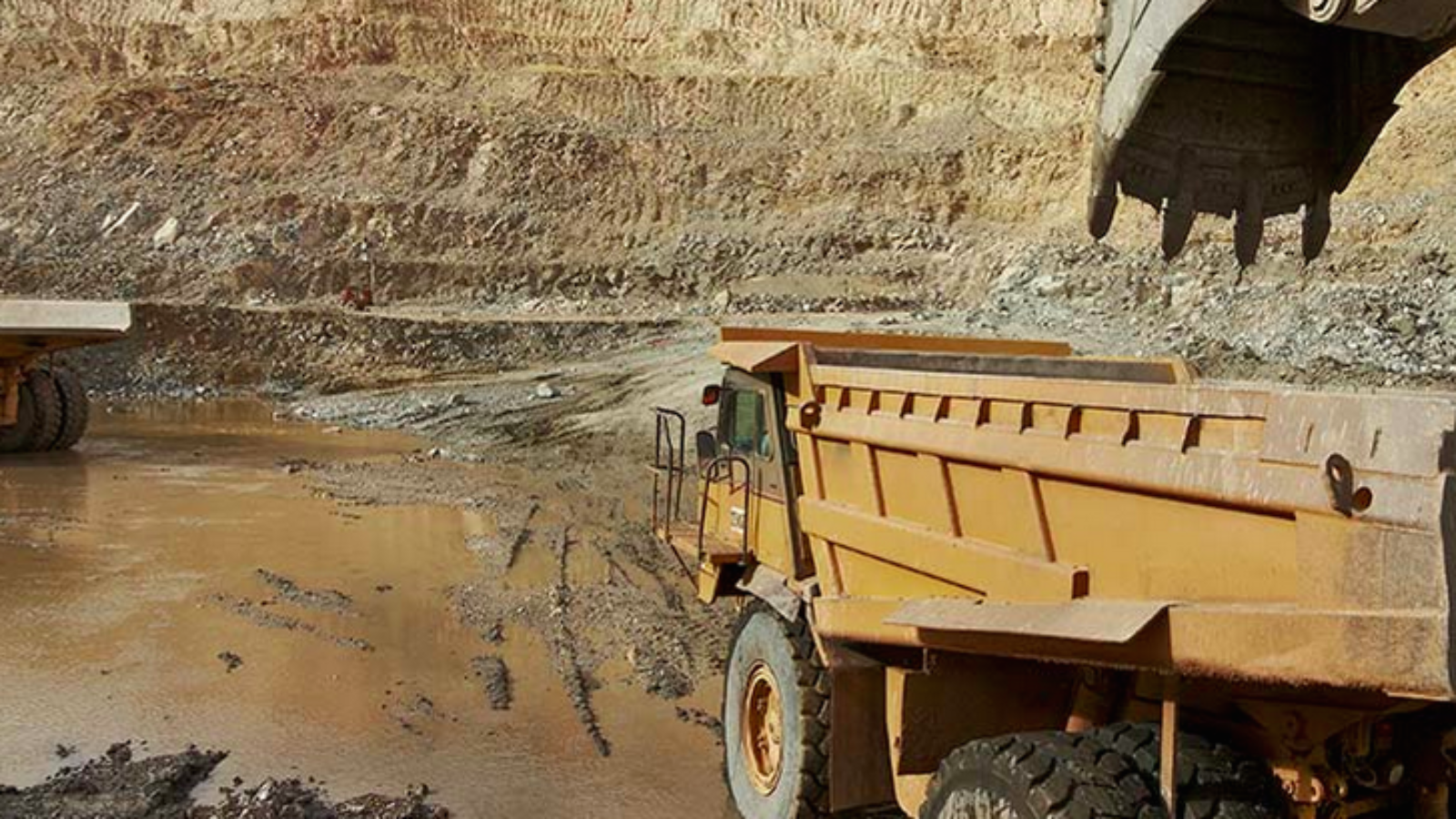This article was originally published by ONE‘s Follow the Money Campaign.
By The ONE Campaign
The daily contradictions evident in a poor country with abundant natural resources can be glaring. Citizens in Burkina Faso – a country rich in gold, one of the world’s most sought after rare metals – know this all too well.
They see mining companies investing large sums in the country’s lucrative gold mines in their communities, and see the new gleaming vehicles driven by those that work in the mining sector. With those same eyes, they see the unpaved roads over which those vehicles drive, the rundown health clinics and overcrowded schools which those vehicles roll past, and the fancy restaurants where those vehicles park, in a country where most families struggle to feed their children.
This is the reality in Burkina Faso, a country rich in mineral resources, but otherwise poor. Civil society organizations like Publish What You Pay (PWYP), Oxfam, and many others are trying to change this, by pressing for reforms that ensure that local communities realize greater benefits from the country’s mineral riches.
They are slowly succeeding. Using information made publicly available through the Extractive Industries Transparency Initiative (EITI), civil society organizations recently helped secure legislative reforms that will double the money local communities receive from mining companies for extracting the country’s natural resources.
Burkina Faso is one of the poorest countries in Africa, with roughly half of its citizens living in poverty. It is Africa’s fourth largest producer of gold, with gold accounting for one-quarter of GDP. In 2013, 32 tons of gold were produced, with $390 million in revenues accruing to the government. This is likely to increase as new licenses are granted for companies to open new mines.
Despite this wealth in natural resources, people living in gold mining areas are among the poorest in the country, lacking access to basic services.
Burkina Faso joined EITI in 2009 and became EITI compliant in 2013. Information disclosed in the country’s EITI reports exposed the extreme disparities between companies’ high mining revenues and the low living standards of local communities. By law, mining companies in Burkina Faso were required to pay 0.5 percent of their revenues to local communities in which they operated. In 2014, civil society groups, led by PWYP, used the EITI reports to mount an advocacy campaign to increase the contributions of mining companies to local communities to one percent of revenues and help communities gain access to improved health care, education, sanitation, and clean water.
Civil society organized a campaign around the Twitter hashtags #Juste1pourcent and #MinesAlerte, and the Organization for Community Capacity Building for Development (ORCADE), supported by Oxfam and PWYP, launched a broad educational and advocacy campaign that gained traction on social media, print, radio, and television media. The campaigns increased public awareness about the low transfer rates from companies to mining communities and mobilized support for raising the rate to one percent of revenues.
As a result of protests and public pressure, members of parliament visited the poorest mining areas and saw for themselves the high levels of poverty and impoverishment in mining communities, leading the parliament’s Social Affairs and Sustainable Development Chairman to note that mining communities have “legitimate concerns” and that parliament should not “overlook the interests of our people.” As a result, the parliament was persuaded to act.
The new code, which includes the increased one percent transfer rate lobbied for by civil society, was approved by Parliament on June 26, 2015. The code requires that those funds be placed into a newly created fund to finance community development projects, another key ask of civil society groups.
Citizen activism was instrumental in securing this outcome. As the president of ORCADE noted, “Getting this [mining] code passed by the transitional Parliament [was] a victory of the whole civil society that has come together to defend the rights of our people.”
Key Lessons:
- The availability of data about mining revenues is critical for enabling civil society to ensure that local citizens are adequately benefiting from the natural resources being extracted from their communities.
- Compelling, fact-based campaigns can lead to legal reforms, even in the face of industry and government resistance. Use of the media – both traditional and social – is important for mobilizing public pressure to overcome the reluctance of vested interests to policy change.
*****
*****
This article was written by the Transparency and Accountability team of the ONE Campaign, an international advocacy organization taking action to end extreme poverty and preventable disease.
[Photo courtesy of ONE]
